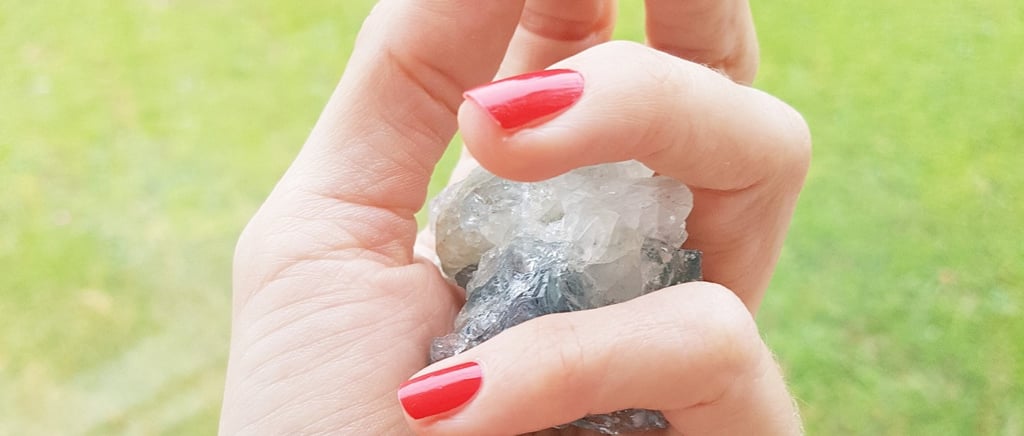Self-Discipline in Ancient Philosophy - They had it all figured out!
Funny that... We have come so far and yet haven't changed that much for humans are humans. For the spirit indeed is willing, but the flesh is weak.


A disciplined mind leads to happiness and an undisciplined mind leads to suffering.
(Dalai Lama)
In the realm of ancient philosophy, one concept stands out as a cornerstone of personal growth and ethical development: self-discipline. Philosophers across civilizations, from ancient Greece to ancient China, recognized the vital role self-discipline plays in shaping individual character and attaining a well-lived life. While our contemporary society is vastly different from those of ancient times, the importance of self-discipline remains as relevant today as it was centuries ago.
Self-Discipline in the Good Old Days
The philosophers of ancient Greece, such as Socrates, Plato, and Aristotle, emphasized self-discipline as a means to achieve self-mastery and the highest virtues. They viewed self-discipline as a form of moral training that allowed individuals to cultivate rationality, temperance, and resilience. The Stoics, notably Epictetus and Marcus Aurelius, advocated for self-discipline as the key to inner peace and freedom from external influences. They believed that by exerting control over their desires, emotions, and actions, individuals could attain tranquility and live in harmony with nature.
In ancient China, philosophers like Confucius and Laozi also recognized the significance of self-discipline. Confucius emphasized self-cultivation through moral principles, encouraging individuals to discipline themselves in order to become virtuous and contribute positively to society. Laozi, the founder of Taoism, promoted wu-wei, the state of effortless action, achieved through self-discipline and aligning with the natural flow of life.
And who would have known… We have come so far and yet have changed so little. Humans are humans. We know what we should be doing but isn’t it just the hardest thing at times to refrain from a moment of pleasure for a greater goal? While our contemporary world differs greatly from the ancient times, the relevance of self-discipline endures. In a fast-paced, distraction-filled society, cultivating self-discipline can provide us with invaluable tools for personal and professional growth.
Self-discipline allows us to navigate our emotions effectively. By mastering self-control, we can avoid impulsive reactions and make thoughtful decisions based on reason rather than being swayed by momentary emotions. This skill is crucial for maintaining healthy relationships, making sound financial choices, and fostering emotional well-being. It starts with things as little as not constantly waiting for the next ping from our phones kicking off a hormonal storm in our system, only to be relieved by the dopamine hit released on the basis of any random message, pulling our focus away from the moment we are in and training our brains in a way that is far from ideal.
We are living in an era of endless distractions where self-discipline is essential for achieving our goals. By exerting discipline over our time and energy, we can resist procrastination, prioritize tasks, and focus on the activities that truly matter. This discipline-driven productivity paves the way for personal and professional success.
Of course the world of self-help is full of keywords such as resilience. But how do you get there? How do you deal with the challenges presented by life? It is self-discipline that equips us with the strength to persevere. By practicing self-control, we develop resilience and the ability to overcome obstacles. This trait is especially relevant in times of crisis when we must stay steadfast and make rational decisions amidst uncertainty.
And the greater the challenge, the higher pressure the harder to come to decisions that are aligned with our morals and values. The Ancient philosophers understood that self-discipline is intimately connected to the process of ethical decision making. In the face of moral dilemmas, self-discipline empowers us to act in alignment with our values and make choices that contribute positively to society. It encourages us to resist the allure of immediate gratification and instead consider the long-term consequences of our actions.
Naturally and inevitably being disciplined about looking after yourself will have a fundamental impact on your personal well-being. By practicing self-control over our habits, such as maintaining a balanced diet, exercising regularly, and getting enough rest, we can enhance our physical health. Self-discipline also extends to our mental and spiritual well-being, promoting mindfulness, self-reflection, and the pursuit of personal growth.
In summary, they had it all figured out and here I am, trying to summarize some of this ancient knowledge in a way that will possibly inspire you to give some things another thought, weighing out price and benefit and help you come to a conclusion that might be the harder road to travel but the one that will give you all the more happiness.
And remember; It only takes three weeks to change your habits, to change your brain.
Start the change, TODAY.

